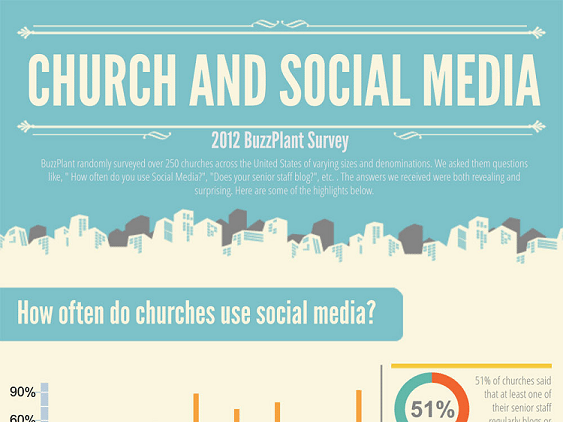Checking Out The Profound Background And Long Lasting Impact Of Catholic Schools Across The Globe
Checking Out The Profound Background And Long Lasting Impact Of Catholic Schools Across The Globe
Blog Article
Author-copyright Howe
When you think about the background of education and learning, Catholic schools stick out for their ingrained traditions and enduring impact. These establishments began as a means to infuse belief and values, but they have actually adjusted remarkably over centuries. Today, they play an important role in shaping not simply scholastic success however also moral integrity. What's intriguing is just how they have actually managed to thrive amidst transforming social landscapes, questioning about their future significance and effect.
The Origins of Catholic Education And Learning: A Historic Point of view
Catholic education and learning traces its roots back over 1,500 years, when early Christian neighborhoods identified the requirement for structured knowing. You'll find that these neighborhoods aimed to pass on their confidence and values with education and learning.
Monasteries and sanctuary schools became facilities of knowing, nurturing both spiritual and intellectual development. As you dive much deeper, you'll see that the curriculum usually consisted of approach, theology, and the liberal arts, made to create well-rounded individuals.
Over time, the Church developed more formal organizations, guaranteeing that education stayed accessible to all. The dedication to training moral values and promoting a sense of community has persisted via the centuries, forming the academic landscape and affecting numerous lives worldwide.
This long-lasting legacy remains to motivate Catholic education today.
The Evolution of Catholic Schools With Cultural Contexts
As societies progressed, so did the function of Catholic schools, adapting to the social contexts in which they existed. In the early years, these organizations concentrated mostly on spiritual direction, yet as communities diversified, they began to integrate neighborhood languages, custom-mades, and instructional needs.
https://www.npr.org/2021/04/11/984787779/should-colleges-require-covid-19-vaccines-for-fall-more-campuses-are-saying-yes would certainly observe that Catholic colleges typically ended up being centers for social cohesion, promoting a feeling of belonging amongst students from different backgrounds. In many regions, they attended to societal problems, such as poverty and discrimination, by giving available education and learning for all.
As you discover various societies, you'll see just how Catholic institutions have moved their curricula and training techniques, showing the values and challenges of their settings while holding to their fundamental goal of faith and scholastic excellence.
The Modern Duty and Effect of Catholic Schools in Society
In today's globe, Catholic colleges play a crucial role fit not just the instructional landscape, however likewise the wider area.
http://abraham8adah.xtgem.com/__xt_blog/__xtblog_entry/__xtblog_entry/37963641-the-impact-of-catholic-education-on-character-and-academic-achievement?__xtblog_block_id=1#xt_blog 'll find that these establishments stress values like respect, compassion, and social justice, promoting all-around individuals that contribute positively to culture. By focusing on scholastic excellence and ethical growth, Catholic schools prepare students for future obstacles, nurturing crucial thinking and leadership abilities.
They often offer diverse populaces, linking gaps in accessibility to quality education and learning. In addition, you might discover their commitment to solution, motivating pupils to take part in community outreach and volunteer job.
This blend of education and moral advice makes Catholic institutions a significant force, growing responsible residents that can influence their communities for the better.
Verdict
Finally, Catholic schools have an abundant history that's shaped their long-lasting impact on society. You have actually seen just how they have actually adapted to various cultural contexts while keeping a dedication to belief, worths, and scholastic quality. Today, they remain to play a crucial role in promoting community, advertising social justice, and nurturing liable people. As you assess their legacy, it's clear that Catholic institutions stay a powerful force for positive change worldwide.
